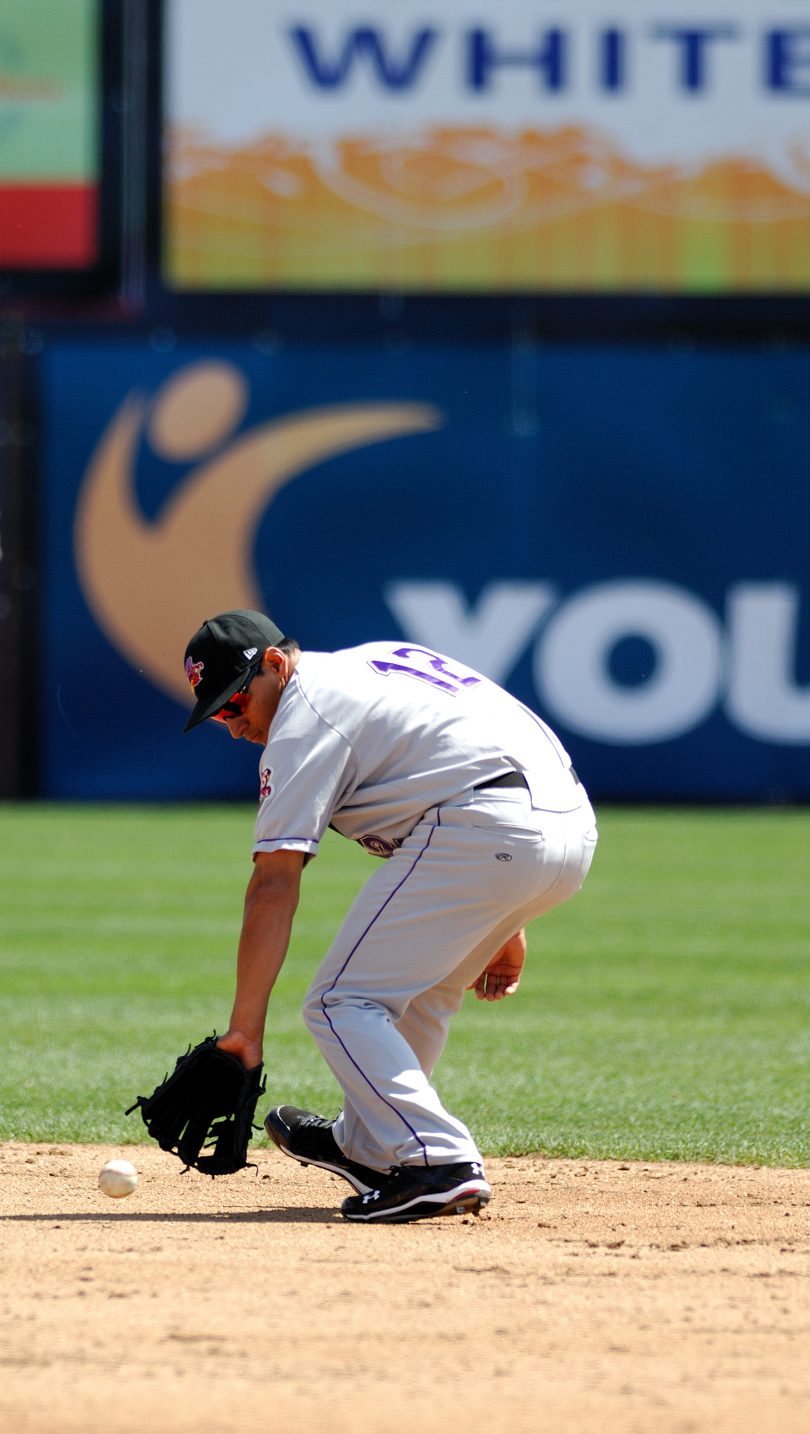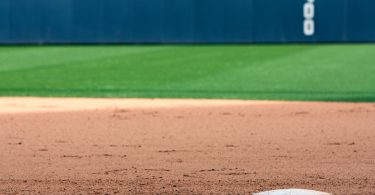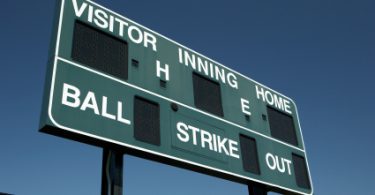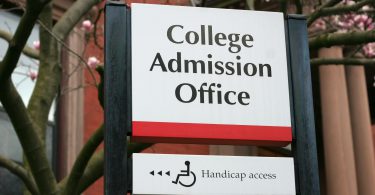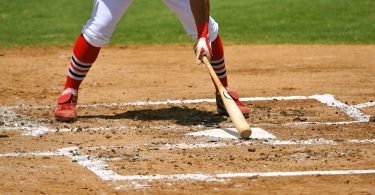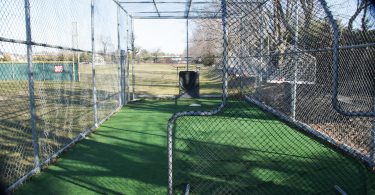A college shortstop is required to be a defensive creature. Teams will carry, and play, poor hitting shortstops, if they are really good defenders. A good hitting shortstop is a very valuable commodity. Lots of shortstops will be speed guys. Shortstop is a position that demands a quick player with a lot of range and a strong enough arm to make the longest throws of any infielder. Bigger guys, who aren’t as agile, often get moved to third base.
On defense, shortstops have a lot of different responsibilities. The shortstop is in charge of the infield and all the communication between the infield and the outfield. The shortstop must be on the same page with the pitcher and catcher so that he knows what signs are being used, what pitch is about to be thrown, and what picks are on. The shortstop can never take a pitch off. He has a responsibility in every play and is considered the most important infielder on the field. A good college shortstop will make the routine play every time. A great shortstop will add flair to that and make spectacular plays. But most teams will be perfectly happy with a guy who can make the routine play 100% of the time. Now of course, everyone will make errors; that’s just part of the game. Consistency is key. To be a good shortstop, practice the routine play. Be smooth. Desire to be consistent and reliable. Shortstops at the college level must expect to make the play on every ball hit in their general direction, on the ground or in the air. Simply put, if you want to play shortstop in college, you have to have to have tools, athleticism, and a strong mental game to back it up. You must be the most athletic and dependable defender on the field.
As a hitter, shortstops will usually fall into one of two categories: bottom of the order, or top of the order. There are some shortstops who are also the big hitters on their teams, like Alex Rodriguez or Troy Tulowitzki in their prime. But these players are rare. If you are a bottom-of-the-order-type shortstop, you have to be stellar on defense. If you can pick it, you’ll play. As a hitter, just try to dial in to the middle of the field and pick up your hits. Be able to execute small ball directives from your coach, the bunt, the hit-and-run, and have productive outs. Be a smart base runner. But mostly, win games with your glove. If you’re a top of the order-type shortstop, your offensive job is a little different. You still have to be good on defense and you still have to be a good base runner, but your biggest job at the plate is to get on base. You’re going to be a table-setter. Execute small ball. Learn the strike zone and be willing to take your walks. Run hard 90s and pressure the defense. Get on base any way you can. You don’t necessarily need to have a power stroke. Leave it to the big boys in the order to drive you in. Just get on base and be a spark for your team. Anything more than that offensively is a huge bonus. You may gain a little leeway with the globe by being great offensively, but not much. Simply put, if you can’t pick it on defense you’ll just be moved to a different position.
By now, you get it. As a shortstop, defense is key. You want to work on your offensive production but being a big run producer is not absolutely necessary. Coaches know that your defense can change games. So if you are looking to be a college shortstop, be a leader on your team, be a leader on defense, and focus your game on being the guy who makes the routine play every single time while still holding his own and contributing offensively.

